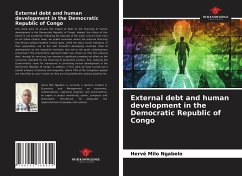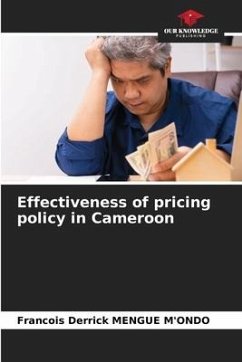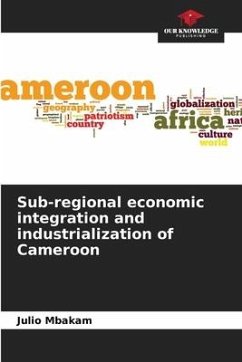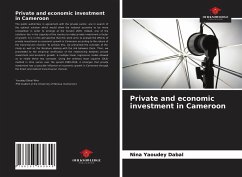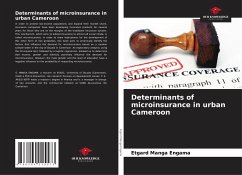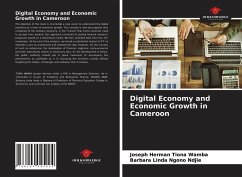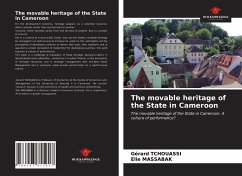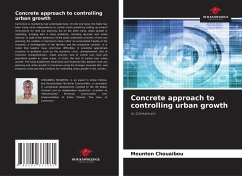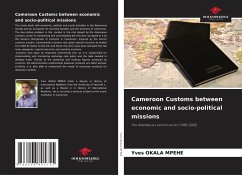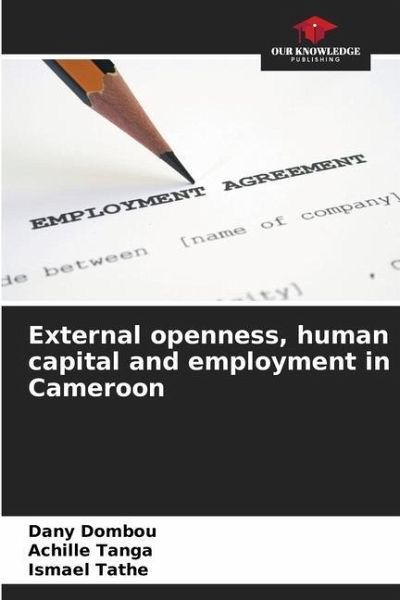
External openness, human capital and employment in Cameroon
Versandkostenfrei!
Versandfertig in 6-10 Tagen
43,99 €
inkl. MwSt.

PAYBACK Punkte
22 °P sammeln!
The nature of the link between external openness, human capital and employment is not so well known nowadays and sometimes it even raises controversies among different developing countries. Thus, the main objective of this study is to analyze the interrelation between human capital, external openness and employment. To this end, we have formulated the hypothesis that there is a unidirectional link from external openness to human capital, from human capital to employment and finally from external openness to employment. The data used are secondary sources from the World Bank, specifically in th...
The nature of the link between external openness, human capital and employment is not so well known nowadays and sometimes it even raises controversies among different developing countries. Thus, the main objective of this study is to analyze the interrelation between human capital, external openness and employment. To this end, we have formulated the hypothesis that there is a unidirectional link from external openness to human capital, from human capital to employment and finally from external openness to employment. The data used are secondary sources from the World Bank, specifically in the "Wold Data Indicator" and over the period 1979-2014. The VAR modeling with a non-causality analysis of Toda and Yamamoto (1995) is used for this purpose. We find as a result that there is a unidirectional link from employment to human capital and from employment to external openness. As for external openness and human capital, the link is bidirectional.




